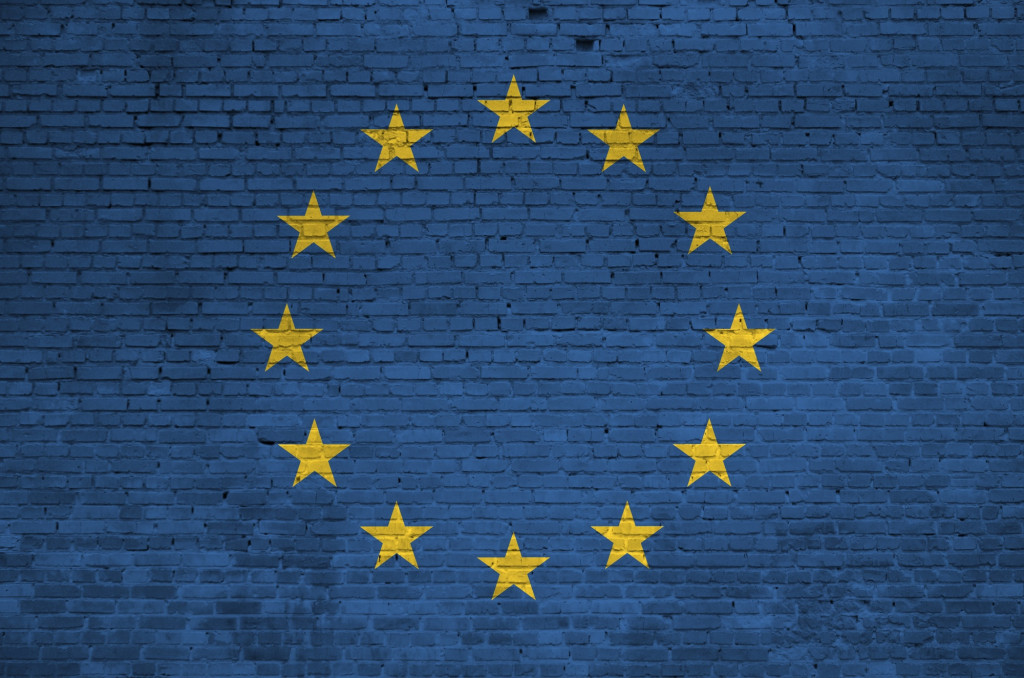EU opens consultation on quantum-safe digital security
The EU is asking for public input on how to secure Europe’s digital future against the risks posed by quantum computing. Civil society, industry, and academia all have a role to play in shaping a safe, inclusive, and quantum-resistant internet.

The European Union has launched a public survey to gather feedback on its roadmap for post-quantum cryptography (PQC), a plan that will help Europe prepare for the security challenges posed by quantum computing. The consultation is open until 29 September 2025.
Why quantum matters for security
Today’s internet security relies on encryption, mathematical techniques that protect data such as online banking details, emails, or government communications. However, researchers warn that future quantum computers could break many of these protections much faster than traditional computers. This means that once quantum technology matures, sensitive data could become vulnerable to cyberattacks.
To address this, the EU’s NIS Cooperation Group published a Coordinated Implementation Roadmap earlier this year. It sets out how governments, companies, and researchers can gradually move toward encryption systems that remain secure even in the quantum era, so-called post-quantum cryptography (PQC).
What the consultation seeks
The new survey, launched by the Group’s Post-Quantum Cryptography Work Stream, asks for feedback on the roadmap and suggestions for improvements. Contributions are welcome from critical infrastructure providers, industry, academics, and the public.
Stakeholders are encouraged to:
- Propose text addressing challenges for specific sectors (e.g. energy, finance, health).
- Highlight open-source tools that could support the migration to PQC.
- Suggest practical steps to make the transition smoother across Europe.
Submissions will be reviewed, and the most promising ideas may be developed further in future versions of the roadmap.
Why this matters for civil society
Preparing for the quantum era is not just a technical issue; it affects everyone who depends on secure digital services. For civil society, this matters in several ways:
- Protecting citizens’ data: Strong encryption ensures that personal information, from medical records to private communications, remains safe.
- Safeguarding democracy: Secure systems reduce the risk of foreign interference, disinformation, or leaks of sensitive political data.
- Promoting inclusivity: By inviting feedback from academia, NGOs, and smaller organizations, the EU ensures the transition is not led only by governments and large corporations.
- Strengthening trust: A transparent, consultative process helps build confidence in Europe’s digital infrastructure during a time of rapid technological change.
Next steps
Feedback will be collected until 29 September 2025, 18:00 CEST, after which the Work Stream will review submissions and prepare an updated or additional roadmap. This will guide Europe’s transition to a quantum-resistant digital infrastructure, ensuring that encryption remains reliable even as computing power advances.


